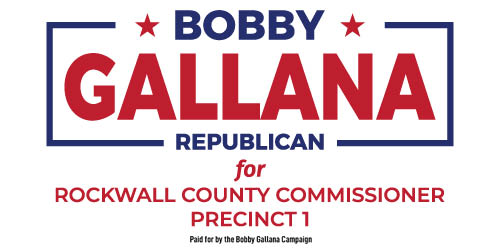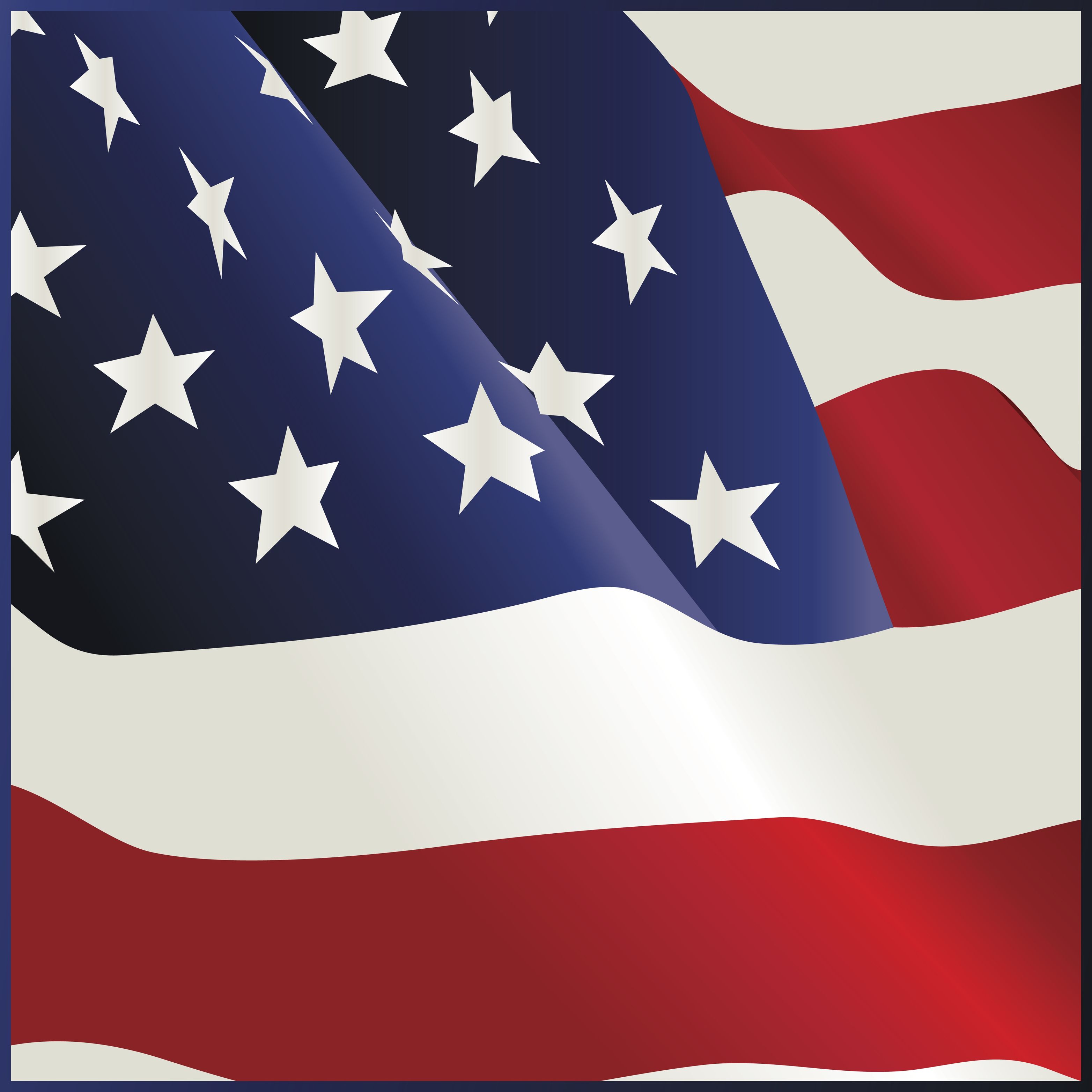(ROCKWALL, TX — June 30, 2017) July 4, Independence Day for the United States, is a special day. It is the day that is at the pinnacle of our patriotism. It is the day that one of our founding fathers, John Adams (no relation), deemed to be the day to be “…the most memorable Epocha, in the History of America… It ought to be solemnized with Pomp and Parade, with Shews, Games, Sports, Guns, Bells, Bonfires, and Illuminations from one End of this Continent to the other from this Time forward forever more.”
— John Adams to Abigail Adams, July 3, 1776
Now, we do a very good job celebrating. That’s certainly one thing Americans are really keen at and enjoy – celebrating. Just name a reason – a graduation, a game won, a successful fishing trip or a new car – anytime is time for a celebration.
But when we celebrate the birth of this nation, I fear that we have settled for the celebration while the reasons and the purpose and people that are behind them have dimmed somewhat. What should be a celebration can become only a party. Parties are good and we all need parties in our hectic lives to relieve stress and enjoy friends and family. But I see the celebration of the securing our free country and the great American Experiment as so much more than mere celebration.
Our roots of freedom are deep and they are established at terrible cost to many of our nation’s finest people and their families. The eighteenth century saw freedom dreamers literally place everything they had and were on the line for what they believed. This belief was that tyrants should not rule over people; that mankind is created to be free and experience life as individuals desire. Our heroes of that century were dedicated to giving their lives for that belief, and not just for them, but for future generations. That would be you and me.
I have been introduced this past week to the major portions of Henry Wadsworth Longfellow’s famous “Paul Revere’s Ride” poem. I do not remember from my school days ever having heard any of the lines, other than the first one, “Listen my children and you shall her of the midnight ride of Paul Revere.” But there is so much more to it, and this great work encourages us to remember and not lose sight of what was important to these brave men and women, looking to the future at all cost.
The writer takes us on the exciting adventure of the swift hoofbeats, alerting the Sons of Liberty. But first we must go to the dusty, steep staircase of the Old North Church, where the lanterns were lit as Revere anxiously stands by his steed on the river bank. Then we see the young man, sleeping alongside his family, that would be the first to fall the next day at the Concord bridge. The poem brings to life the real people, heroes of our Democratic Republic, and places us side by side with them, as we stand on their shoulders, looking to our future.
Longfellow ends his work with a call to future generations to not forget that famous ride and what it began and signifies to all of us:
For, borne on the night-wind of the Past,
Through all our history, to the last,
In the hour of darkness, peril and need,
The people will waken and listen to hear,
The hurrying hoof-beats of that steed,
And the midnight message of Paul Revere.
(It is certainly interesting that when Paul Revere died, his obituary said nothing of his ride, now famous for all of us. Revere Copper Products of today is the company he started and that enabled him to become a successful industrialist.)
We go to the nineteenth century and see the men and women that have suffered so much as the cause of freedom continues. This continuous cause is so precious and it is so fragile and it requires constant attention.
The War Between the States, less than ninety years after the Revolution ended, was a tragic conflict. Wadsworth’s poem was written on its eve, desperately wondering if this great country could survive it, and calling all to remembrance. But national heroes still emerged on both sides of this conflict. The focus and bravery of Grant, Sherman and President Lincoln were unmistakable. But the men of the South must not be forgotten either. Jefferson Davis and General Robert E. Lee, and others, were fine men and both sides fought alongside great men and all experienced that tragedy together.
But America did survive the brother against brother conflict. It became a tightly United States again and would move into the future united against tyrannies across the globe, never seeking to conquer for territory to dominate, but for freedom of people that needed help against unjust and deadly aggression. Then, not leaving them in post war decimation, but taking the lead in rebuilding their countries.
World War I and the Civil War seem to be cramped between the other two great conflicts of The American Revolution and World War II and, sometimes, do not get the attention they deserve. World War I had its share of American heroes. The “doughboys” would spend less than two years in the conflict, but they were a major force in defeating the German war machine.
Sergeant Alvin York, a country boy from Tennessee, a devout Christian and CO (Conscientious Objector) at the beginning of the war, was deemed that war’s “greatest civilian soldier” because of his heroism and marksmanship. (You gotta see the movie, Sergeant York, starring Gary Cooper if you haven’t already.)
General John J. (Black Jack) Pershing of World War I fame, is the only American to be promoted to General of the Armies in his own lifetime. He was the hero that led the American Expeditionary Force (AEF) to victory and was mentor to many young men that would lead the World War II efforts, including Eisenhower, Bradly and Patton.
Most of us are very familiar with our heroes of World War II. Audie Murphy from Greenville, Texas, became the most decorated combat soldier of World War II. “Old Blood and Guts,” General George Patton, perfected tank warfare and chased the Germans back to their homeland.
There are many women war heroes from World War II also. Women like Lieutenant Elsie Ott of the Army Air Corps was the first woman to receive the U. S. Air Medal. And there is Francis Gnader, a war photographer from Texas.
We could go on for many pages, recalling names and telling tales of heroism and dedication to the American ideal of freedom. My point is that we seem to stand in a critical point in America’s history today. We must guard against the notion that our heroes from yesteryear are not important.
It seems our educational system is attempting to re-write our history and lessen the importance of American Patriotism and exceptionalism. But I still believe in America and that God has not abandoned her yet. She is under attack from many these days, but she still stands tall as the bastion of freedom among the nations.
As Eric Metaxas has said, in his excellent book If You Can Keep It…losing the importance of venerating our heroes “has served to undermine the very idea of greatness and the idea of the heroic, which is deeply destructive to any culture but especially to a free society like ours, where aspiring to be like the heroes who have gone before us is a large part of what makes citizens want to behave admirably. Denigrating heroes, or simply failing to venerate them, has a cynical and toxic effect on the young generation, and we have now had fifty years in which we have neglected this ‘habit of the heart’ so vital to our free way of life.”
Let’s hold fast to our freedoms that this country is based on. Let’s make sure our young understand the truth from our rich history and show them that American Patriotism is still very cool!
 Story and photos by Blue Ribbon News special contributor John Adams of Rockwall. Visit his guest columns at BlueRibbonNews.com and his blog at written4u.com.
Story and photos by Blue Ribbon News special contributor John Adams of Rockwall. Visit his guest columns at BlueRibbonNews.com and his blog at written4u.com.
 Our monthly print edition is delivered free to 19,000+ homes in Rockwall and Heath, TX.
Our monthly print edition is delivered free to 19,000+ homes in Rockwall and Heath, TX.
To share your good news and events, email editor@BlueRibbonNews.com.
Subscribe to our email newsletter here.
Advertising: 214-342-8000 or advertising@BlueRibbonNews.com.






